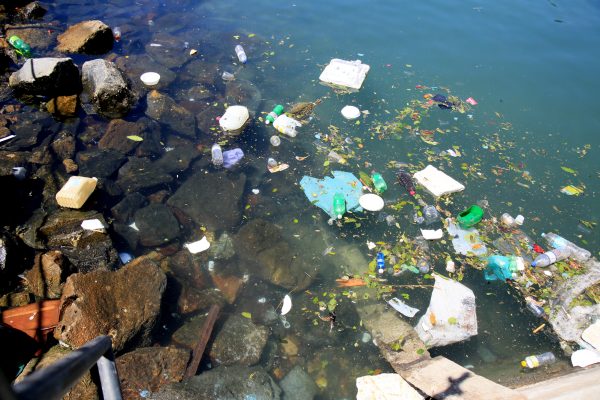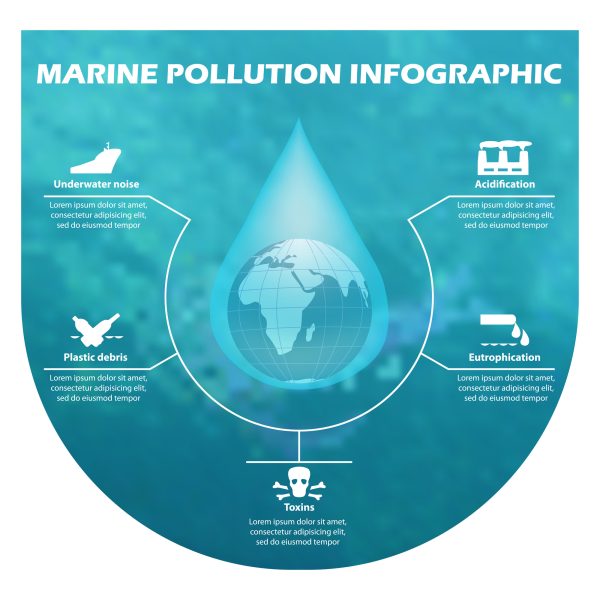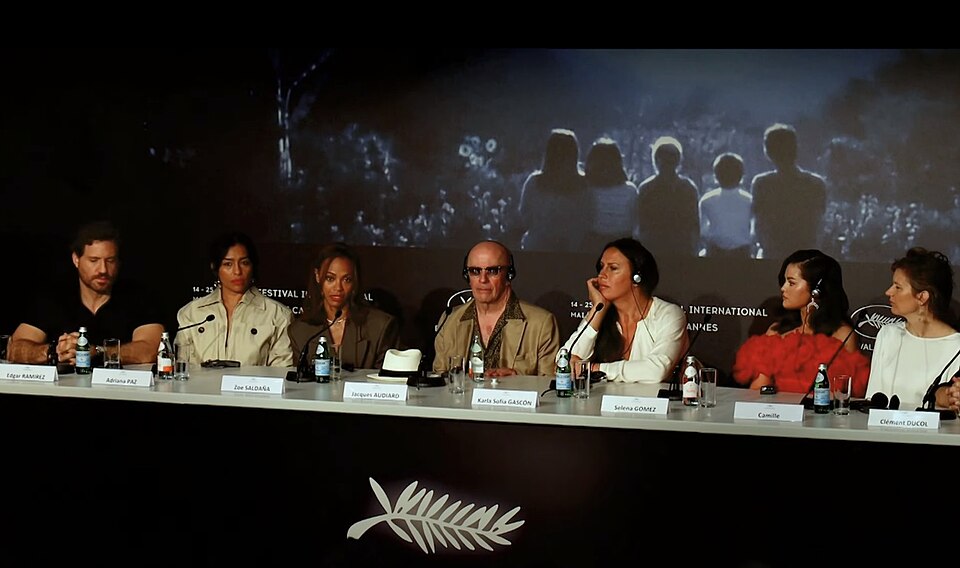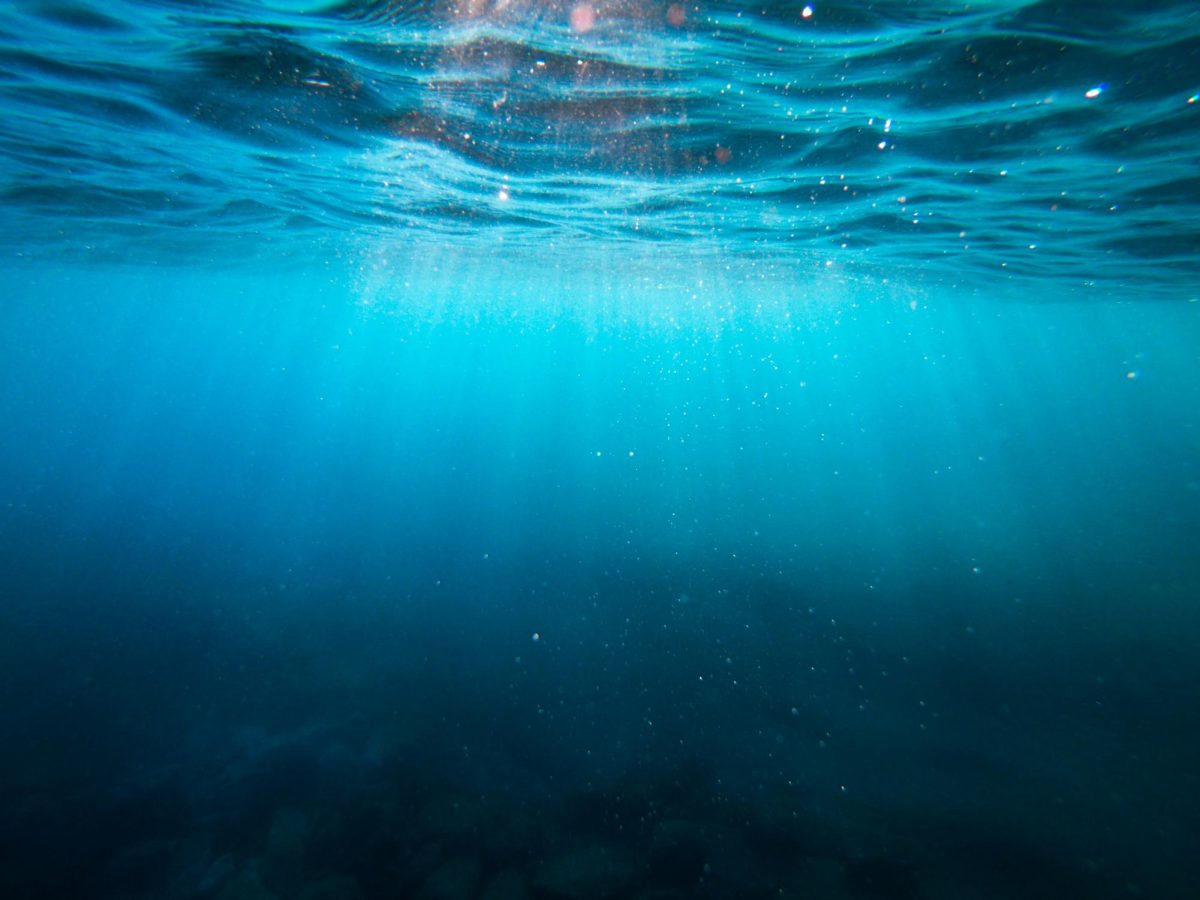
Take a look around you. Have you ever noticed the number of plastic bags, bottles, and nets cluttering sidewalks, bodies of water, and fields?
Those particles you see when the sun hits the window are not simply dust; they are microplastics. Humanity is like a drug slowly killing the planet and its animals. You may believe that you are not impacted, but the truth is that you are, and you should be informed.
Unfortunately, irreversible damage is occurring to our planet, and many people are unaware. We harm ourselves through the food we consume, the air we breathe, and the waste we generate.
What are microplastics? It’s surprising that not enough people are informed about microplastics and how dangerous they can be to health and the environment. Microplastics are “small plastic fragments—[with a] subcategory [called] nanoplastics, synthetic polymers with dimensions,” mentions The Northeast Recycling Council.
These plastics are tiny and can only be seen through a special type of Stereomicroscope. A study by the National Capitol of Poison Control found that food consumption results in “up to 52,000 microplastic fragments per person each year. Microplastics have also been found in human saliva, head hair, and feces, suggesting that we are all exposed to these plastic fragments on a regular basis.”
These tiny plastic particles are not only harmful to the environment by being mistaken as food, causing many animals to die and posing a significant threat to human health. When humans consume products containing microplastics, they unknowingly ingest toxic chemicals such as heavy metals, polychlorinated biphenyls (PCBs), and environmental pesticides.
The increase of microplastics in the body can lead to various health problems, including respiratory issues, organ damage, and even cancer. It’s crucial to reduce plastic use and find alternative ways to dispose of plastic waste.
The National Oceanic and Atmospheric Administration (NOAA) is dedicated to studying the impact of plastics on our marine life and human health. Their research findings have revealed that “microbeads, a type of microplastic, are tiny pieces of manufactured polyethylene plastic that are added as exfoliants to health and beauty products, such as some cleansers and toothpaste. These tiny particles easily pass through water filtration systems and end up in the ocean and Great Lakes, posing a potential threat to aquatic life.”
This potentially threatens aquatic life, as fish and other marine animals can ingest these tiny particles, harming their digestive and reproductive systems. If you are a sushi lover, I hate to burst your bubble, but that sushi is plastic. Your cook’s fresh platter is the plastic specialty!
Some can argue that humans have adapted to the challenges of climate change, plastic pollution, and food contamination. Whether it be through developing new technologies that reduce our carbon footprint, implementing effective waste management practices, or improving food safety standards, humans have demonstrated an impressive ability to overcome adversity and adapt to changing circumstances.
I will say that the advancements in innovative and technical solutions to address them are jaw-dropping, but areas with low incomes aren’t given the resources to have them. These challenges continue to pose a significant threat to our planet and well-being, and there is still much work to be done to address them.
Is there a solution? Is there a way to save this world and humanity? We can, but it requires government and local assistance. Laws should be put in place to protect the ocean, and we need to focus on the 3Rs: Reduce, Reuse, and Recycle. Human technology alone cannot solve the problem of microplastic contamination and its effects on reproduction and cancer.
“We cannot rely [solely] on recycling to fix the problem— [as] not all plastics are made the same,” says United Nations Foundations. I think we need to adopt a more comprehensive approach to tackle the problem of plastic pollution.
To address this issue, we should shift our focus towards using green alternatives that are biodegradable and non-toxic so they do not pose a threat to the environment. We should be mindful of our products and make conscious choices to reduce plastic consumption. For instance, we can use reusable water bottles, bags, and containers instead of disposable plastic products.
The New York Times recently posted an article about the “Plastic People,” a new documentary directed by Ben Addelman and Ziya Tong, which exposes how dangerous microplastics are to our bodies.

Have you ever wondered why you struggle to remember significant childhood experiences? Well, memory is affected by consuming plastic! The Plastic People has shed light on the work of microplastic researchers across six countries. The documentary shows Turkish scientists who discovered microplastics inside the human brain, including deep inside the tissue of cancerous brain tumors. The researchers believe that the microplastics entered the brain by consuming contaminated food, clothing, hygiene products, and air.
Imagine receiving news that plastic is present in your brain, lungs, and blood. How would you react? How would you feel knowing that your time on Earth may soon end? While you may be unable to answer hypothetical questions, this news was a reality for the patient who received it.
We should encourage the adoption of safer farming techniques that minimize the use of plastic and plastic-based products in agriculture. This could include using biodegradable mulch or alternative materials to plastic packaging for fruits and vegetables.
Finally, we should persuade political leaders to take regulatory actions to curb the explosive growth of plastic pollution. This could involve implementing laws and regulations that restrict single-use plastics, promote recycling, and encourage the adoption of green alternatives.
These actions won’t happen overnight, but we can collectively work towards a cleaner and healthier environment for ourselves and future generations by taking these steps. As Rick Smith, the president of the Canadian Climate Institute and one of the Plastic People film’s executive producers, said, “It doesn’t matter if you’re rich or poor, there’s no sheltering yourself from this kind of new pollution.”








